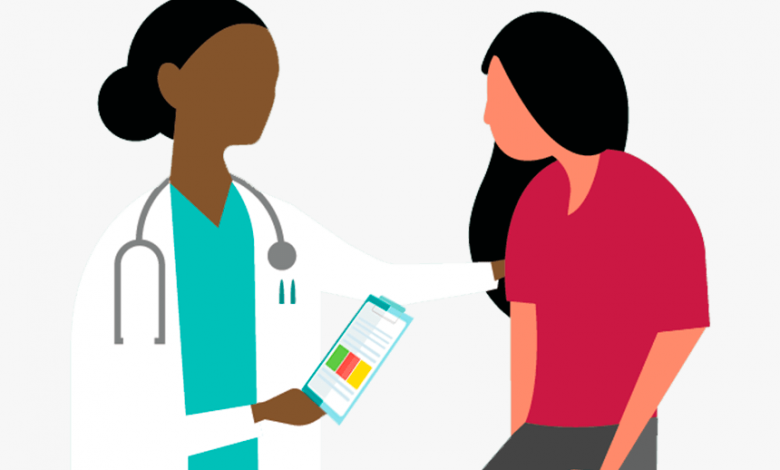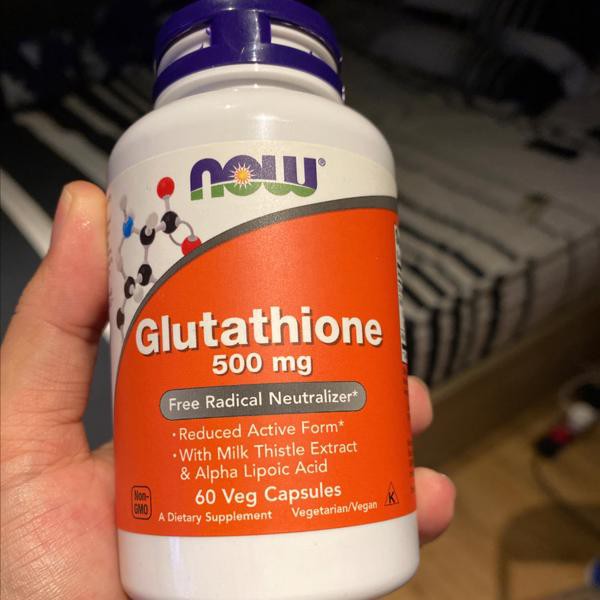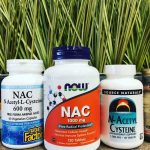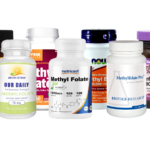How To Take Glutathione Effectively

Glutathione is a powerful antioxidant that occurs naturally in the cells of the body. It is also present in some foods. Recently, glutathione has been gaining popularity due to its alleged health benefits. As an antioxidant, glutathione helps neutralize free radicals and reduce oxidative stress that can damage the body’s cells.
Unlike most antioxidants, which come from plant sources, the human body naturally produces glutathione in the liver. However, glutathione levels naturally decrease with age. In fact, researchers have found links between low glutathione levels and some age-related conditions, such as glaucoma and macular degeneration.
Glutathione helps prevent damage to cells by neutralizing harmful molecules generated during energy production. Glutathione also plays a role in processing medications and cancer-causing compounds (carcinogens), and building DNA, proteins, and other important cellular components.
People take glutathione for aging, alcohol use disorder, liver disease, heart disease, and many other conditions, but there is no good scientific evidence to support these uses. Supplementing your glutathione levels can completely change how you feel, and even how you look, on a day-to-day basis. Understanding your body’s levels of glutathione may help you determine an appropriate glutathione dosage to effectively treat your symptoms or help you rejuvenate and refresh your body. Glutathione formulations are available in oral, intravenous, topical, intranasal, and nebulized forms.
How to determine if you have a glutathione deficiency
One way to find out if you do not have adequate levels of glutathione present in your body is to undergo specialized testing at your doctor’s office. Although the tests are sometimes unreliable because glutathione is known to fluctuate widely, doctors can still use plasma and blood testing as a baseline. Typically, the normal range of reduced GSH is 3.8 to 5.5 umol/L. In red blood cells or RBCs, the standard range of glutathione levels should be 1,000 to 1,900 umol/L, although 1,000-1,200 umol/L are considered to be low levels. If you are prescribed glutathione, you will want to monitor your levels to ensure that it is having the desired effect.
Another way to know if you have a glutathione deficiency is through your symptoms. Even the healthiest of people may require glutathione supplementation from time to time. Early symptoms of a mild-to-moderate glutathione deficiency include fatigue, poor sleep, a weakened immune system leading to more frequent infections, and a foggy, unclear brain. The symptoms of a more severe deficiency include anemia, which presents as fatigue, pale skin color, shortness of breath, and lightheadedness.
How is glutathione taken?
There is not enough scientific evidence to determine the proper dose of glutathione. Some suggest that supplementing with N-acetylcysteine (NAC, or whey) may be more effective.
Various doses have been studied in research investigating specific medical conditions. The proper dose for you may depend on several factors, including your age, sex, and medical history. In some cases, healthcare professionals administer glutathione through the use of an IV to treat atherosclerosis, diabetes, Parkinson’s disease, and side effects of chemotherapy.
For some conditions, glutathione can also be inhaled and given through a nebulizer.
Although the exact glutathione dosage that you should take will vary from person to person and the reason for taking glutathione, most people who take glutathione consume 20-40 mg/kg of body weight for 3-6 months once or twice a day. A small clinical study used IV glutathione at a dosage of 1,400 mg 3 times per week for 4 weeks.
If you’re considering the use of glutathione for a condition, make sure to consult your healthcare provider before starting your supplement regimen. Self-treating a chronic condition and avoiding or delaying standard care may have serious consequences.

What is the most effective way to take glutathione?
Clinical trials have shown that the most effective way to take glutathione is by using N-acetylcysteine, as a precursor to glutathione, this has demonstrated efficacy in raising glutathione levels in the body.
Although intravenous glutathione ensures the maximum amount of the medication gets into your blood circulation without going through the digestive process, severe hepatic injury has been reported with the use of IV glutathione, and inhaled glutathione may exacerbate asthma. Nevertheless, studies have shown that oral glutathione supplementation may not be as effective as intravenous delivery for some conditions.
Is it better to take glutathione in the morning or at night?
Glutathione, especially oral formulations are best taken at night 2-3 hours after the last meal of the day for better absorption, also avoid foods that can affect how the medication works. If you want a natural dose of Glutathione, you can increase your levels by eating selenium-rich foods and foods high in sulfur which is a component of two important amino acids ( methionine and cysteine). These two are necessary for the production of glutathione. These foods rich in sulfur include poultry, grains like rice, bread, pasta, and vegetables like broccoli, Brussels sprouts, cauliflower, kale, and watercress.





